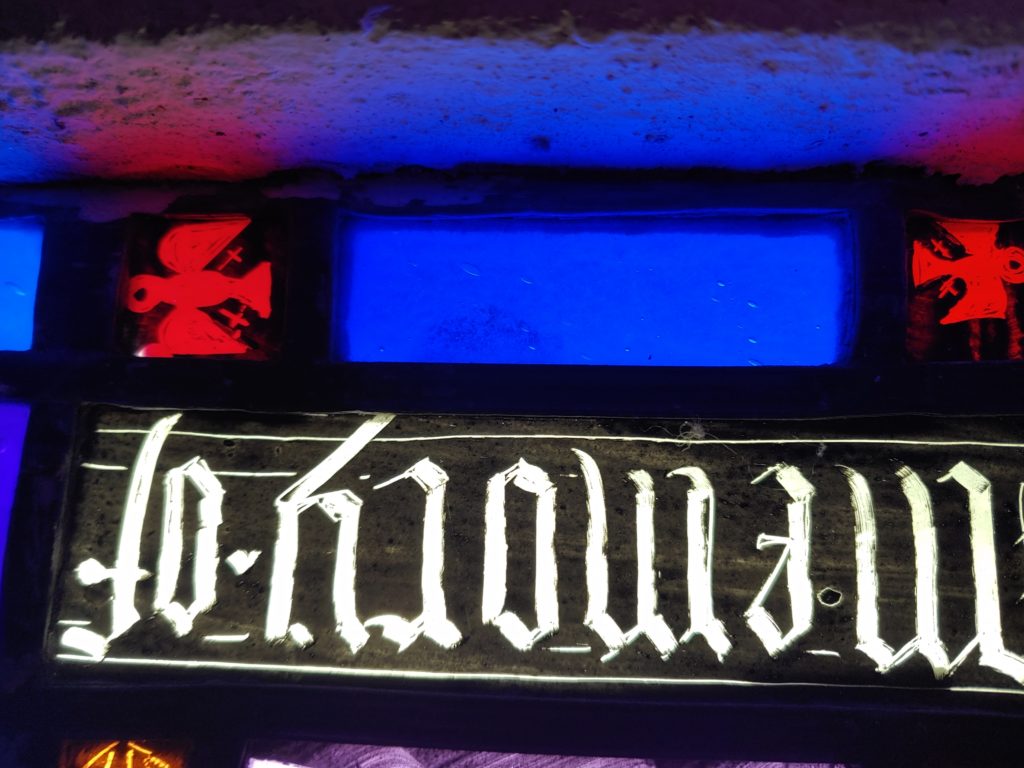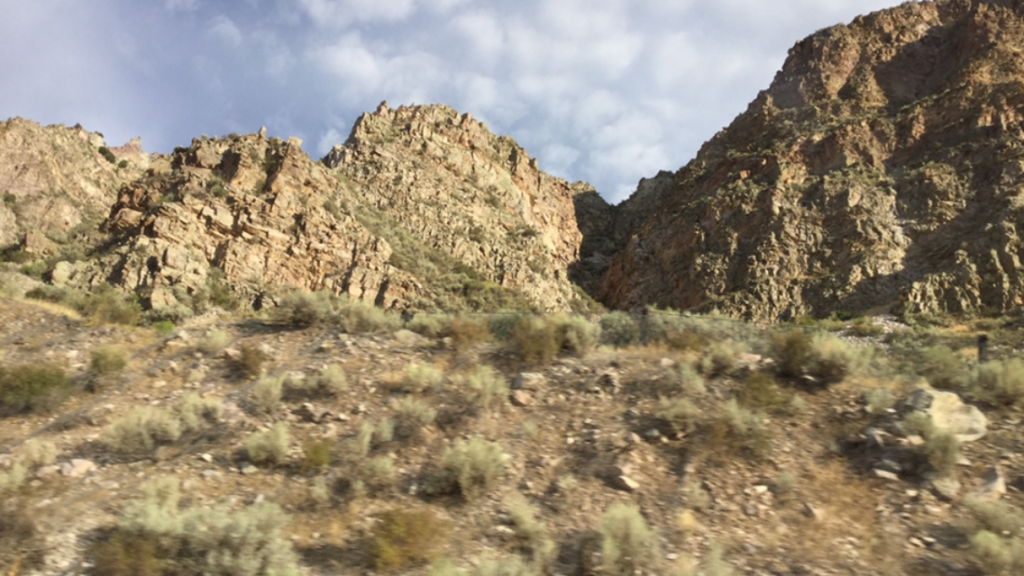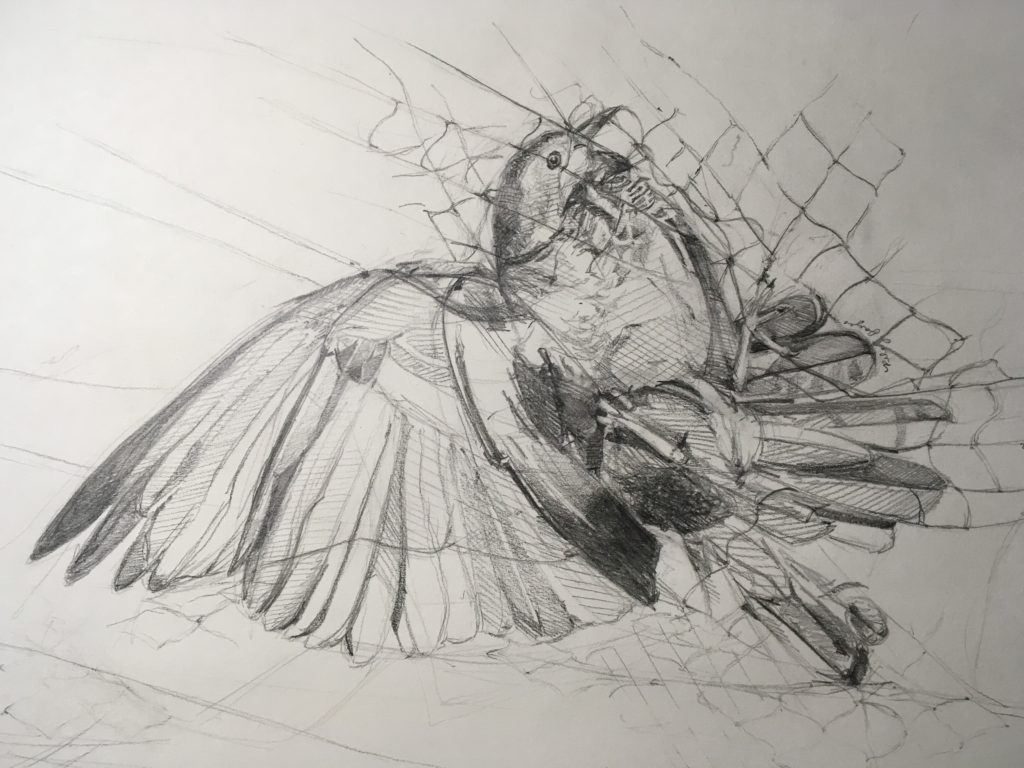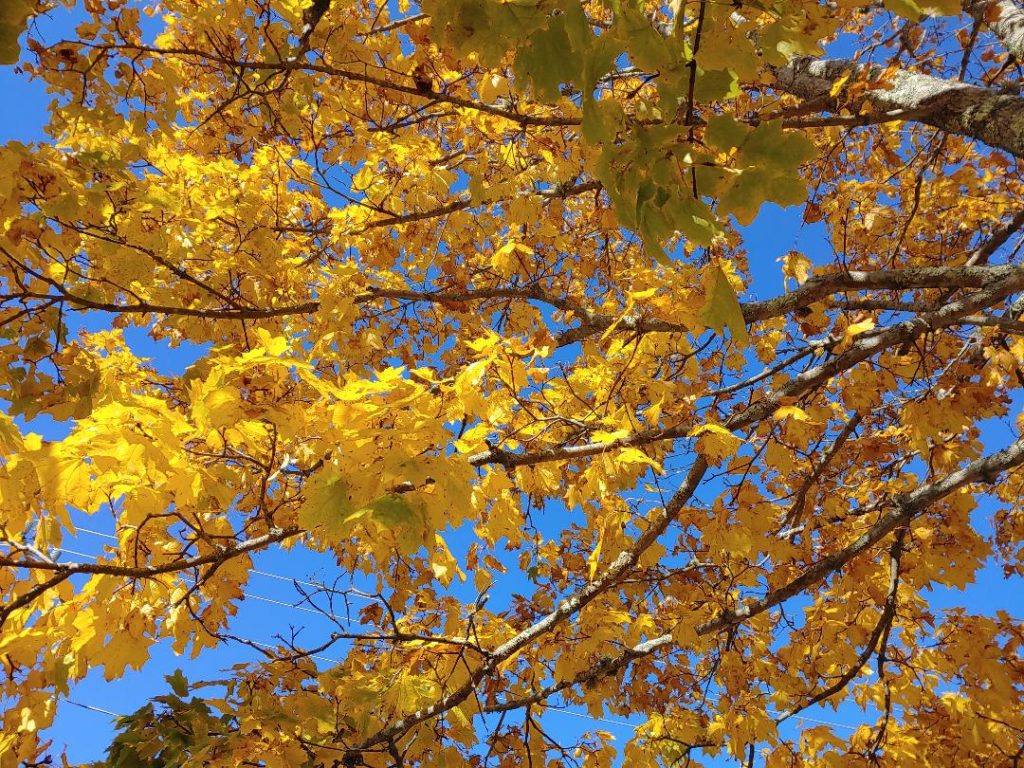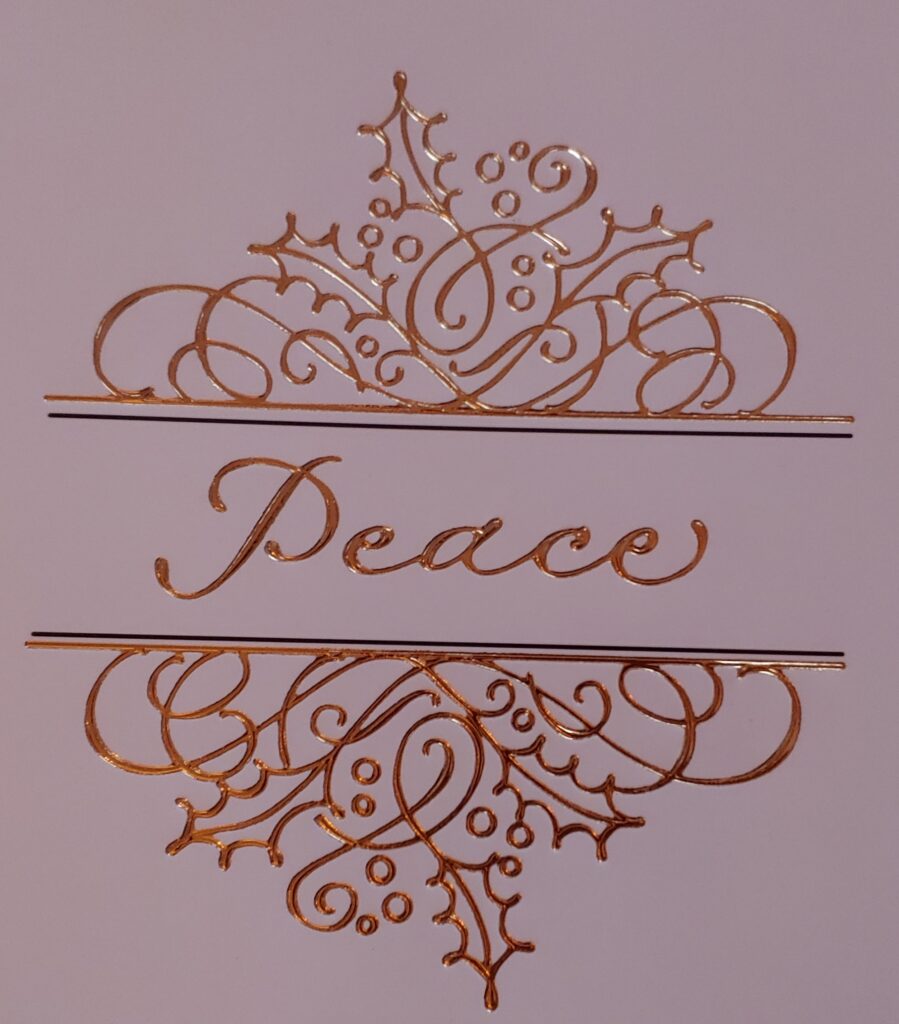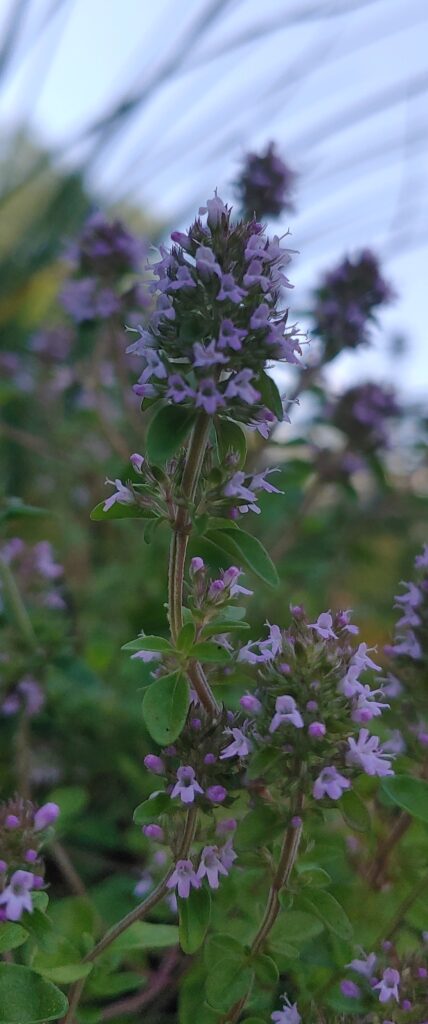Unless the Lord builds the house, those who build it labor in vain.
Unless the Lord guards the city, the guard keeps watch in vain.
It is in vain that you rise up early and go late to rest, eating the bread of anxious toil; for he gives sleep to his beloved.
Sons(and daughters!) are indeed a heritage from the Lord, the fruit of the womb a reward.
Like arrows in the hand of a warrior are the sons of one’s youth.
Happy is the man who has his quiver full of them.
He shall not be put to shame when he speak with his enemies in the gate.
Psalm 127, NRSV. A Song of Ascents. Of Solomon.
Except for a few people, no one will remember me or the work I did during my lifetime. The pictures and books I treasure will find their way to Goodwill, a thrift store, or the local transfer station. The rooms I call home, the garden beds I tend – all of these will be handed on to people who have no idea that I once loved and cared for them.
The same is true of most everyone, with the occasional Shakespeare, Bach, and O’Keefe exceptions. A few may slap their names on plaques to prove they donated money or designed buildings, but no one really pays much attention to those a couple of decades after the dedication ceremonies. It is in vain that any of us lose sleep and perspective over things that won’t survive beyond us – or keep our names alive past our own lifespan.
Unless the point of work isn’t for personal glory and immortality. Unless the point of it all is to add our own unique talents and efforts to creating the beautiful kingdom of love and peace that is God’s blessing and intention for all of creation. Unless I find joy in the work itself and don’t expect it to be a testament to my existence.
Once I give up the need to be immortalized through my own efforts, I have no need to be anxious. I won’t lose sleep over it, because I know the truth: God holds my life and will not forget me. The same is true of you. The same is true of everyone.
